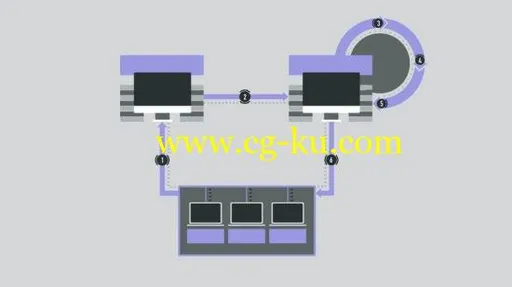Created by Packt PublishingLast updated 5/2018EnglishVideo: 1280×720 | Audio: AAC 48KHz 2ch | Duration: 06:45 H/M | Lec: 63 | 2.21 GB | Sub: English [Auto-generated]Learn Jenkins and Docker together and bring improved speed and consistency to your automation tasks at ease.
What you’ll learnWhat you’ll learnWrite a Dockerfile to build an image from it, and launch a container from that imageDeploy and run Docker containers efficiently by setting up Jenkins consistently and measuring your performance optimizationsMonitor, log and manage Docker containers and master the components required to run Docker in productionMaster the art of Jenkins management like adding a build node, security and plugin managementWork with automated builds of Jenkins like freestyle project, Git, scheduled builds, and up/downstream jobsBuild and test Java web applicationsRequirementsBasic knowledge of system administration is neededBasic knowledge of the software development life cycle and Java development is neededBasic knowledge of Jenkins is a plus pointDescriptionJenkins and Docker are that widely used tools that help automate an IT Infrastructure efficiently.
Using them together makes development, testing, and deployment much easier and much faster.
This comprehensive 4-in-1 course is thoroughly equipped with the concepts of Docker and Jenkins and will be able to effectively to build, test, and deploy your software.
Contents and OverviewThis training program includes 4 complete courses, carefully chosen to give you the most comprehensive training possible.
The first course, Getting Started with Docker, begins by introducing the basic commands in Docker.
Learn how to write a Dockerfile, build an image from it, and then launch a container from that image.
Get acquainted with Docker tasks such as pushing images to remote repositories, and using port mappings and the image caching layer during builds.
Explore how to run Docker Services and learn how it can be used to run a group of related Docker containers.
The second course, Deploying and Running Docker Containers, walks you through a basic deployment-pipeline setup in Jenkins.
Next, create two minimal Docker environments: one for development and one for production.
Learn how to provide reliability and scalability to your application by setting up a cluster of Docker hosts using Docker’s Swarm mode, and then automate the deployment of Docker hosts using Chef.
Finally, you will monitor, log, and manage your Docker containers.
The third course, Effective Jenkins: Getting Started with Continuous Integration, covers key concepts of Continuous Integration, as well Continuous Deployment.
You will understand the main parts of Jenkins and create different types of Jenkins projects to automate everything that you want.
You will finish the first course by looking at a Java web project and creating the necessary steps to build and test it, thereby empowering you to implement it in a real project.
The fourth course, Effective Jenkins: Continuous Delivery with Jenkins Pipeline, covers key concepts of DevOps and delve into Jenkins Pipeline, a set of plugins that provides a toolkit for designing simple-to-complex delivery pipelines as code.
To design a production-ready delivery pipeline, you will start by creating a simple pipeline and understanding Jenkins Pipeline terms and its particularities.
Next, you will set up Docker to create isolated build environments.
To consolidate your learning, you will create a delivery pipeline to build, test, and deploy a Java web project.
By the end of this training program you’ll be thoroughly equipped with the concepts of Docker and Jenkins and will be able to effectively to build, test, and deploy your software.
Who this course is for?Developers, software architects, technical project managers, build managers, or a development or QA engineer.
